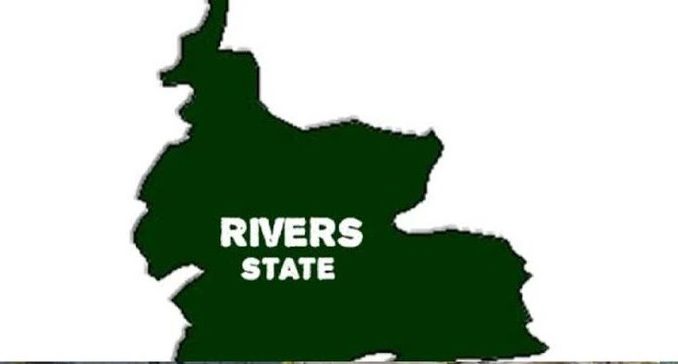
Rivers State, named after the many rivers that border its territory, was part of the Oil Rivers Protectorate from 1885 till 1893 when it became part of the Niger Coast Protectorate. In 1900, the region was merged with the chartered territories of the Royal Niger Company to form the colony of Southern Nigeria. The state was formed in 1967 with the split of the Eastern Region of Nigeria. In 1996 the state lost territory to form Bayelsa State.
In the early days of the colonial period, several protection treaties were signed between various indigenous communities and the British colonial government. Between 1941 and 1952, agitation for the creation of Rivers province began with the formation of the Ijo Rivers People’s League. By 1953, the Council of Rivers Chiefs was birthed as a replacement body for the League, the same year, another organisation, the Calabar Ogoja Rivers (COR) State Movement became existent.
The Council of Rivers Chiefs was later renamed in 1954 to Rivers Chiefs and People’s Congress and in 1956, the organisation became known as the Rivers Chiefs People’s Conference. Until 1958, hopes of an independent state resonated with the region and lingered consistently in the minds of its natives. During the constitutional conference that year, the country’s nationhood was affirmed while an agreement was reached on some measures to mitigate the fears of the ethnic minorities in the area. Around this time, the COR State Movement had broken away to press their own case. Thereafter, the British launched a commission led by Sir Henry Willink to look into the misgivings of these autochthons. The Willink Commission initiated the conception of the Niger Delta Development Board (NDDB). The purpose was to tackle the problems of underdevelopment, however, this failed to rise to the expectations of the masses. After much discontent, some of the people attempted to take the extralegal route to achieve their goals.
In February 1966, Isaac Boro, Sam Owonaro and Nottingham Dick alongside their supporters proclaimed a “Delta People’s Republic”. The rebellion persisted for twelve days but was resisted by the Federal and the old Eastern Nigeria government. On 27 May 1967, under the administration of General Yakubu Gowon, Decree No. 14 was issued, allowing the creation of Rivers State. From then on, complaints about political marginalisation, environmental degradation and economic pauperisation remained among the Ijaw groups, such that a separate Bayelsa State was carved out of Rivers State by the military government of Sani Abacha on 1 October 1996.
